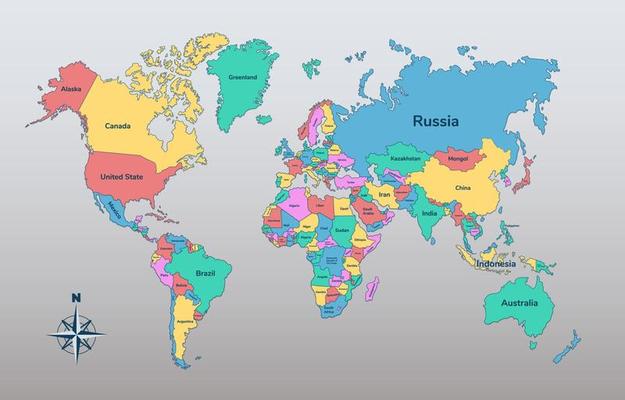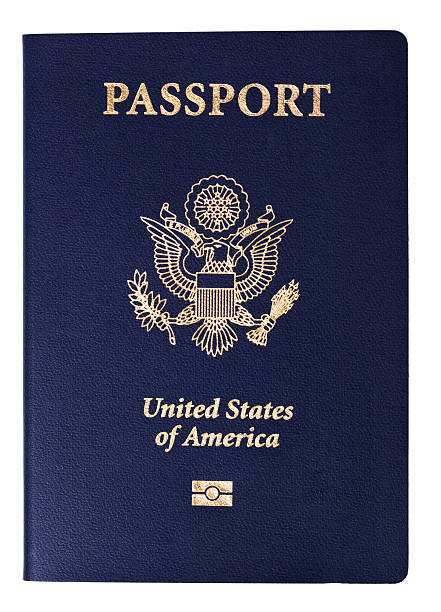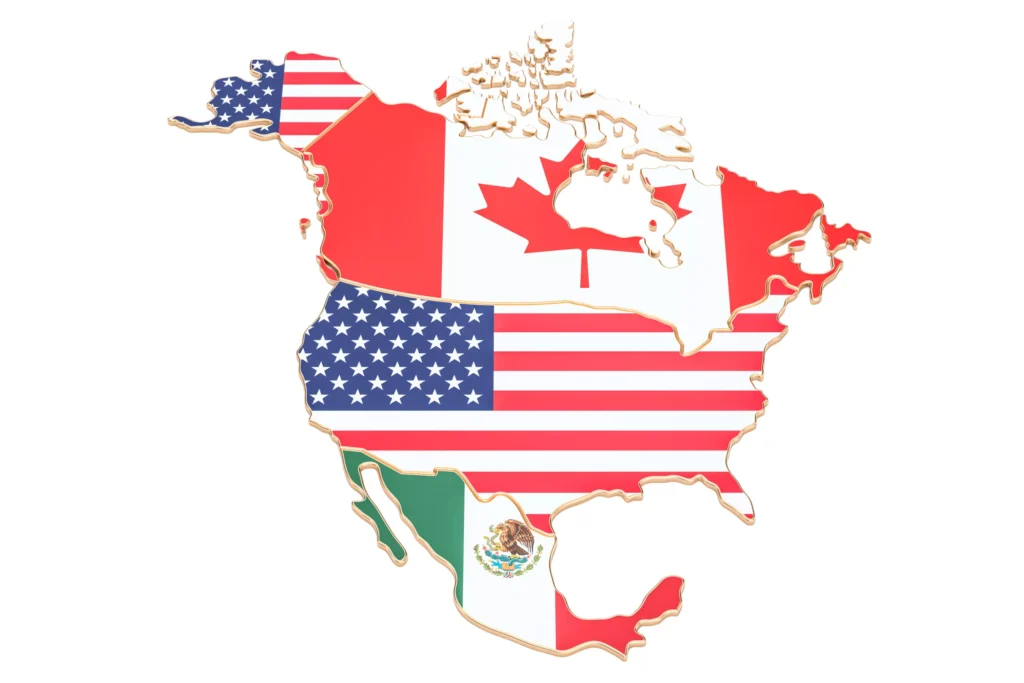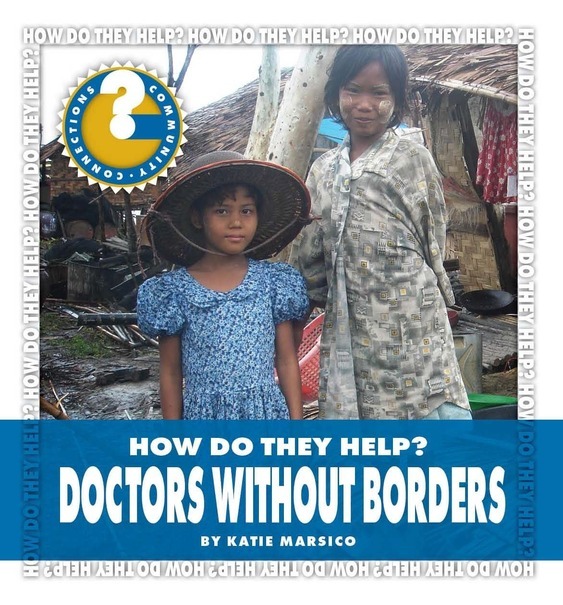One of the most profound benefits of international travel is a newfound perspective it provides on one’s own country. International travel gives you an:
- Appreciation for Freedom and Stability: Visiting countries with different governance models or more challenging living conditions often leads Americans to a deeper appreciation for the freedoms, rights, and political stability enjoyed in the U.S. Seeing contrasting scenarios can foster gratitude for the nation’s democratic principles and rule of law.
- Recognition of Infrastructure and Services: Experiences abroad, particularly in developing nations, underscore the reliability of infrastructure in the U.S., such as clean water, reliable power, well-maintained roads, and healthcare services. This comparative experience helps travelers value the standards they might have taken for granted.
- Understanding of Socioeconomic Strengths: Traveling provides insight into how the U.S. handles aspects like job opportunities, social mobility, and public services. Seeing places with fewer opportunities or social challenges can lead to a renewed sense of gratitude and motivation to contribute positively at home.
- Reflection on Cultural and Societal Norms: Immersing oneself in different cultures often reveals the unique qualities of American society, such as its emphasis on individual rights and innovation. This reflection can heighten one’s pride in American ideals while also inspiring thoughts on areas for growth or improvement.
I firmly believe that this perspective can enhance our appreciation for what it means to be an American and deepen our understanding of the privileges and responsibilities of citizenship.

Yet, somewhat shockingly to me, only about 40-44% of Americans hold a valid passport, which translates to roughly 130 million people. This means that 56-60% or 200 million Americans don’t have passports!

And it is one thing to have a passport, it is another thing to use them. It is estimated that a significant portion of passport holders may only use them sporadically or for specific trips to nearby countries, such as Mexico or Canada. Typically, studies show that 20-30% of all U.S. passport holders actively use them in a given year for overseas travel. That means that only about 10-20% of Americans in any given year travel outside the country.

On top of that, 52-56% of the travel that Americans make in any given year are to just two countries – the ones closed to us, namely, Mexico and Canada.

Bottom line, I want more Americans to have the opportunity to travel abroad.
I feel strongly about this for a whole variety of reasons, but most importantly because of the perspective it gives you on what we have in this country – what we have to cherish and be grateful for, as well as what we need to work on, areas for further improvement.
So, the question I have for you — my readers, my listeners and followers — is what can we do to dramatically increase the opportunity for more Americans to travel abroad.
Here are some ideas that could help increase opportunities for Americans to travel abroad, along with current participation numbers and the potential impact of expanding these programs:

- Expand Study Abroad Programs
- Current Participation: Roughly 347,000 U.S. students study abroad each year, which is only about 10% of college students during their academic careers.
- Proposal: Increase funding and scholarships for study abroad programs, especially for underrepresented groups like community college students, students from low-income families, and minority groups. The government could partner with universities and colleges to make study abroad a more affordable and integral part of higher education.
- Impact: By increasing participation to 25-30% of college students, millions more Americans would get exposure to foreign cultures, which could have a long-term impact on reducing the number of Americans who have never left the country.

- Enhance Programs Like the Peace Corps
- Current Participation: About 7,000 Peace Corps volunteers serve annually.
- Proposal: Increase the budget for the Peace Corps, allowing more volunteers to participate and expand the range of countries where they serve. Promote shorter-term, flexible service options to attract mid-career professionals and retirees who may not commit to a full two-year term.
- Impact: With a more flexible and better-funded Peace Corps, you could aim for 20,000-30,000 volunteers a year. This would introduce thousands more to international experiences and help create a culture of travel and service.

- Support Nonprofits Like Doctors Without Borders and Operation Crossroads Africa
- Doctors Without Borders (MSF): MSF deploys over 3,000 medical professionals from the U.S. annually.

- Operation Crossroads Africa: This program which I was fortunate enough to participate in some 60 years ago has sent more than 12,000 volunteers to Africa since its founding in 1958, a few hundred volunteers each year.
- Proposal: Increase awareness and financial support for these and similar nonprofits. Offer tax incentives for individuals and professionals who take time off to volunteer abroad. Create public-private partnerships that allow more Americans to join international relief or development efforts.
- Impact: By increasing participation through funding and incentives, these programs could engage tens of thousands more Americans, especially in sectors like healthcare, education, and engineering.

- National Service Programs with Global Components
- Proposal: Create a national service initiative where young Americans could serve for one year abroad as part of a civic duty program. This could be similar to AmeriCorps but with a global focus, offering opportunities in education, infrastructure development, or environmental work abroad.
- Impact: By making this a voluntary or incentivized program, the U.S. could see hundreds of thousands of young people participate each year, creating a significant dent in the 60% of Americans who have never left the country.
- Employer-Sponsored Global Exchange Programs
- Proposal: Encourage large corporations to offer exchange programs or international work assignments. The government could provide tax incentives for companies that send employees to work in foreign offices or on international projects.
- Impact: If a small percentage of the U.S. workforce (say 5%, or 7-8 million people) were able to take advantage of such opportunities, this could provide a pathway for more Americans to work and travel abroad as part of their careers.
- High School Exchange Programs
- Current Participation: Only about 20,000 U.S. high school students participate in exchange programs annually.
- Proposal: Expand government and nonprofit funding for high school exchange programs, making them more accessible to students from rural or underprivileged areas. Mandatory language and cultural exchange components in the high school curriculum could also be introduced.
- Impact: Doubling or tripling the number of high school students who participate in exchange programs could expose more young Americans to global experiences early on, encouraging future travel.
- Cultural Travel Grants for Underserved Populations
- Proposal: Create a national fund for low-income Americans, particularly adults and retirees, to travel abroad through cultural exchange or learning tours. These grants could target groups that historically have lower rates of international travel.
- Impact: This initiative could provide thousands of Americans each year with the financial means to travel abroad. This would help democratize international experiences beyond students and young professionals.
By significantly increasing participation in study abroad programs, national service initiatives, high school exchanges, and employer-sponsored travel, we could create opportunities for millions of Americans to leave the country.
Bottom line, if well-funded and promoted, these initiatives could make a real dent in the 60% of Americans who have never experienced another country.

I once read that something like 40% of the Members of Congress dont have passports!
Very thoughtful and thanks for surfacing this point.
Neil,
Ryan, our youngest, will be traveling abroad for the spring semester. This is his Jr year. I sent him a pic of the book Junior Year Abroad. I hope he reads it. Amercorps are Bipartisan, unlike some of the folks at FEMA .
Thank you, Neil. Great content!
Thank you for this wonderful article. Our young people end to understand what it means to earn their citizenship. By contributing to our country not just thinking of themselves.
Hi seniors would greatlyhelp if not 2 years p.s. we are going to Australia and new Zealand leaving Xmas nite